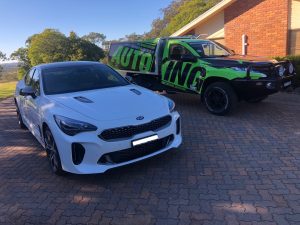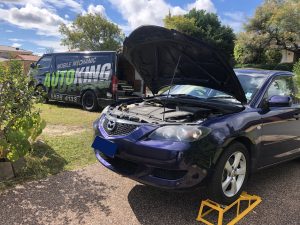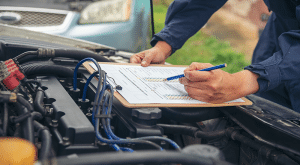Maintaining your car properly so it will last long is very important. Performing routine maintenance like oil changes and transmission services prevents mechanical failures in the long run and promotes the car’s overall health.
But did you know that your driving habits also have a direct effect on the lifespan of your vehicle? The way you drive in different conditions can affect your engine’s fuel economy as well as its lifespan.
Here are easy ways to modify your driving habits in order to make sure your engine will last a long time
Drive Less
Simply put, the more cold starts you put your car through on a daily basis, the harder it is on the engine. If you want to extend the life of your car as much as possible, only use your car when absolutely necessary and avoid lots of stops and starts.
- Avoid short trips that you might consolidate into longer ones. Instead of running to one store in the morning when you need dog food and heading to the grocery store later in the day when you need to get stuff for dinner, consolidate both trips and plan out your driving more effectively.
- If you’re going to be driving less for an extended period of time, consider wintering your car somewhere safe and getting around some other way.
Accelerate slowly
Putting strain on the transmission by going from a dead start to fast-as-possible is a good way to ruin your engine in the long run. Slow down. Even if you’re in a hurry, learn to accelerate smoothly and gently, working up to your intended speed. Even if you’re driving an automatic transmission, pretend you’re shifting gears at a relaxed pace to learn to accelerate properly.
Go easy on your brakes.
Manual transmissions can be shifted to a lower gear and, thereby, use the engine to slow the car, while drivers of cars with automatic transmissions need to be more careful about decelerating strongly at the last moment. Going straight from accelerating to braking puts a lot of wear on your brake pads, regardless of the kind of transmission you have, so it’s important to anticipate your stops and coast into them.
- Never accelerate toward red lights. Take your foot off the gas and maintain your speed in preparation for a stop.
Shift smoothly in a manual transmission vehicle.
Changing out the clutch is one of the most difficult jobs, and one of the most expensive things to pay for. Hard shifts in which you accidentally grind the gears, or revving the RPMs too much will put a strain on the transmission, which can be costly to repair or replace. Practice shifting smoothly, especially in the low gears.
Use the best gas for your car.
Use the octane specified in your owner’s manual and usually written on the inside of the fuel door. Avoid fueling at gas stations that have just been delivered a load of gas. If you see a filling station receiving a tanker load of gas, go elsewhere. When the new gas is dumped into the tank, sediment and water on the bottom of the tank tend to get distributed throughout the tank.
Even though there are filters at the pump and in your car, these do not catch everything and will clog over time. It is best to avoid fueling at these times. If there are no nearby stations, take a break, go to the bathroom, walk around and wait for 15 or 20 minutes for the gas to settle in the underground tank. It is also best to pump your gas slowly, as vapors escape faster when the pump runs full speed.
Always fix problems as they arise.
When an issue comes up, there’s no time like the present to get out in the driveway and start tuning things up. Driving around with a squeaky alternator belt for weeks at a time is both bad form for your engine and for your neighbors’ sanity.
If you follow these steps and make a concerted effort to take care of your motor, you may save yourself a lot of money someday. You may even see other benefits too, like improved fuel economy and less wear on other car parts, like the transmission and brakes.
Auto King Mobile Mechanics can come to you for any vehicle repair, service, and inspection needs. Book or Call for a free quote!





